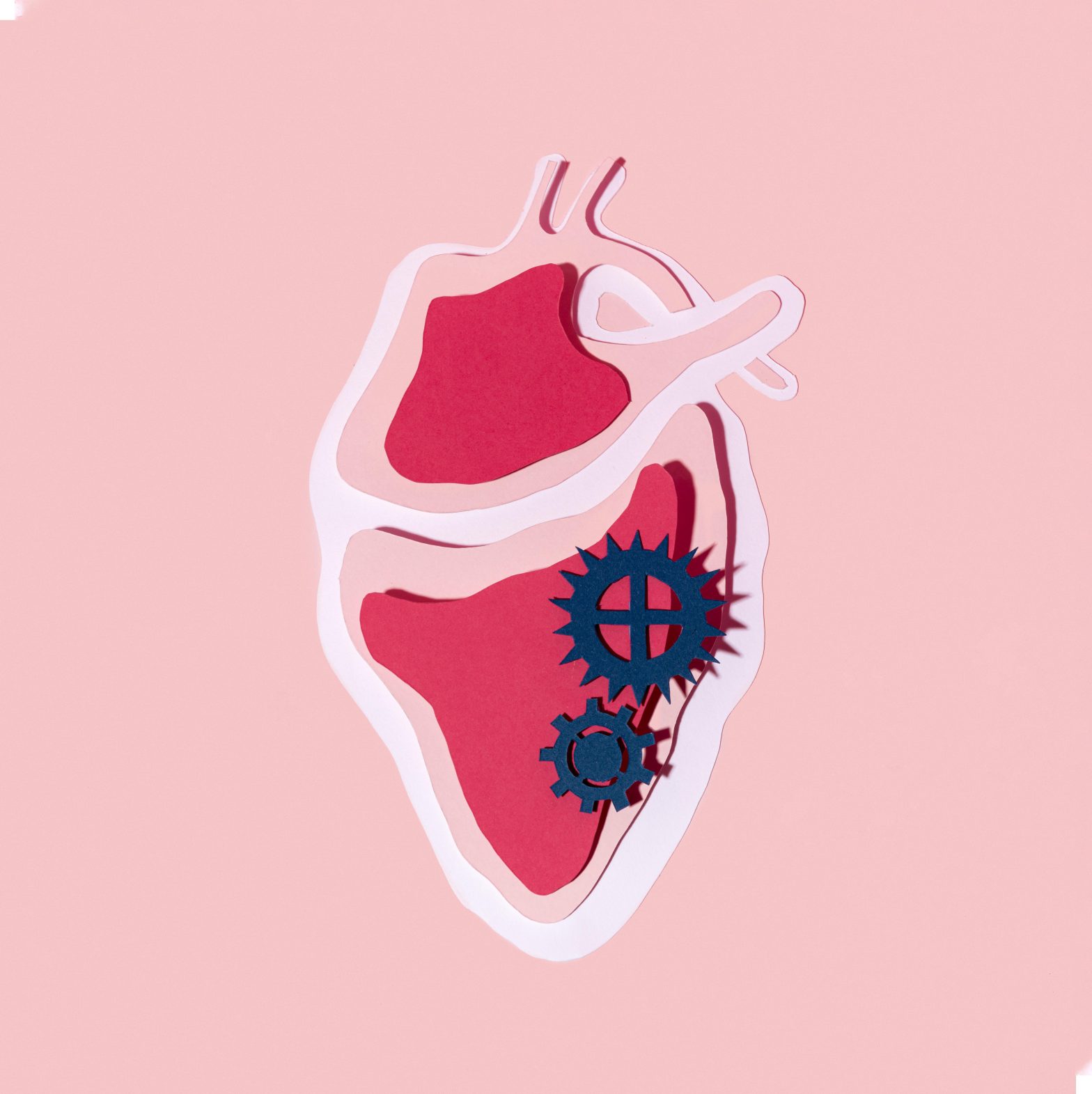A Balanced Heart Is A Healthy Heart
Are you living from the heart? Find out. Take our brief quiz to get your own #LiveFromTheHeart tip sheet.
Take the quiz!
By Team Adesso | Posted May 30, 2024
The menopausal transition can impact women significantly, including their cardiovascular health. Yes there’s brain fog, night sweats and hot flashes among other things to contend with, but this is also an important time to start thinking about your cardiovascular health if you haven’t already.
Why? A 2020 scientific statement from the American Heart Association (AHA) highlighted how women’s risk of cardiovascular disease (CVD) accelerates during menopause. Let’s take a look at what this means for you.
Menopause Changes Your Heart.
The AHA notes that some modifiable CVD risks are more common among postmenopausal women than their premenopausal counterparts. Those risks include diabetes mellitus, dyslipidemia, hypertension, metabolic syndrome, obesity, and physical inactivity. The statement emphasizes that while these behaviors can be changed through lifestyle interventions, they should be addressed before or during menopausal transitions to reduce CVD risks associated with aging.
As women go through menopause, their arteries get stiffer and thicker, which raises their CVD risk. Depression during menopause is also strongly correlated to higher probability of CVD. Even those aforementioned hot flashes and night sweats during menopause increase a woman’s CVD risk. Conversely, women who naturally experience menopause at a later age and therefore delay these symptoms and experiences lower their CVD risk.
Apart from hoping you’re one of those women who has a late menopause naturally, the AHA statement notes that Hormone Replacement Therapy (HRT) use may be beneficial for reducing short-term CVD risks. However, please note that its use has been associated with long-term risks, including breast cancer and stroke. Therefore, careful consideration of benefits versus risks is essential before beginning HRT.
There were several areas identified where further research is needed. These include understanding how different hormonal therapies may affect CVD risk, how age at menopause onset affects CVD risk, and how lifestyle modifications can help reduce CVD risk during menopausal transitions.
Stress is well-documented to cause hormonal imbalances, which can lead to an increased risk of CVD. But how can we manage stress in this day in age? We suggest finding strategies to handling your stress.
Three methods that have proven beneficial are:
Sleep deprivation can increase one’s risk of developing chronic illnesses, including heart disease and stroke.
The American Heart Association’s notice provides important information regarding CVD and menopause transitions. Although further research is necessary to understand this relationship fully, there are some key takeaways from this statement; they include altering lifestyle changes before or during a woman’s transition into menopause and being aware of the health issues associated with the menopause process. It is always recommended to speak with your doctor about your particular situation to make informed decisions about your healthcare needs.
By understanding how lifestyle choices and medical conditions play into your overall risk of developing CVD during this phase of life, you can work with your doctors to make informed decisions about your healthcare going forward. With proactive prevention strategies in place before menopause, you will be well-equipped for whatever changes may lie ahead!